N95 Disposable Foldable Mask
Product Details:
- Material PP Non Woven
- Feature Good Quality
- Application Industrial, Commercial & Hospital
- Product Type N95 Disposable Foldable Mask
- Age Group Suitable for All Ages
- Use Single Use, Disposable
- Color Grey
- Click to View more
N95 Disposable Foldable Mask Price And Quantity
- 10 INR/Piece
- 10000 Piece
N95 Disposable Foldable Mask Product Specifications
- Single Use, Disposable
- Industrial, Commercial & Hospital
- Good Quality
- PP Non Woven
- Suitable for All Ages
- Grey
- N95 Disposable Foldable Mask
N95 Disposable Foldable Mask Trade Information
- Cash in Advance (CID)
- 100000 Piece Per Month
- 1 Days
- All India
Product Description
A particular kind of face mask that has a high level of filtration effectiveness and is intended to be used only once before being discarded is the N95 disposable foldable mask. The National Institute for Occupational Safety and Health (NIOSH) N95 standard, which establishes the requirements for respiratory protection and filtration effectiveness, is what gives the product its "N95" designation.
Important information regarding N95 disposable foldable masks is provided below:
Efficiency of Filtration: N95 masks are made to capture at least 95% of airborne particles, including microscopic contaminants like viruses, bacteria, and respiratory droplets. They attain this high level of filtration effectiveness by combining tightly-fitting seals with electrostatically charged fibres.
Respiratory Protection: By removing hazardous airborne particles, N95 masks offer respiratory protection. In places where there is a high risk of exposure to airborne contaminants, such as industrial settings, healthcare facilities, and other places, they are frequently employed.
Foldable and Disposable: N95 disposable foldable masks are meant to be used only once and should not be washed or re-used. They are often collapsible, making it simple to store and transport them.
Fit and Seal: A good fit and seal are essential for a N95 mask to function properly. There should be no gaps along the sides, and it should be tightly fitted to the face, totally enclosing the lips and nose. To aid in achieving a secure fit, certain N95 masks come with movable nose clips and elastic headbands.
N95 masks are primarily designed for usage by healthcare professionals and other people in high-risk areas. Usage and Limitations. They are not suggested for general public use on a daily basis. It's crucial to adhere to the right instructions and suggestions when using N95 masks, including the right donning and doffing techniques.
Availability: Depending on supply and demand, N95 masks may not always be available. There may be shortages during periods of high demand, such as public health emergencies or pandemics, and preference is frequently given to healthcare professionals and other front-line employees.
Regulations and Certification: To guarantee its filtration effectiveness and respiratory protection, N95 masks must fulfil the NIOSH N95 standard. Seek out masks that have the NIOSH seal of approval and have a specific N95 certification label or marking on the mask or package.
N95 masks should be distinguished from surgical masks and textile face shields. While fabric face coverings offer a minimum amount of barrier protection and are often not certified for filtration effectiveness like N95 masks, surgical masks are primarily made to protect patients from the wearer's respiratory emissions.
Following regional health advice and guidelines as well as any particular instructions issued by the manufacturer or regulatory bodies is crucial when thinking about using N95 masks.

Price:
- 50
- 100
- 200
- 250
- 500
- 1000+
 English
English Spanish
Spanish French
French German
German Italian
Italian Chinese (Simplified)
Chinese (Simplified) Japanese
Japanese Korean
Korean Arabic
Arabic Portuguese
Portuguese


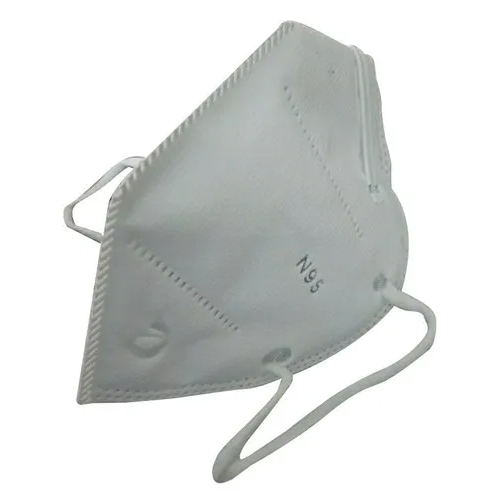
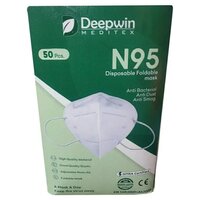
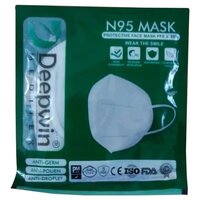
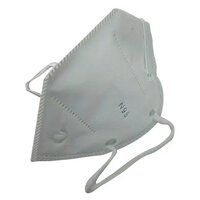
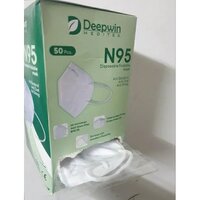





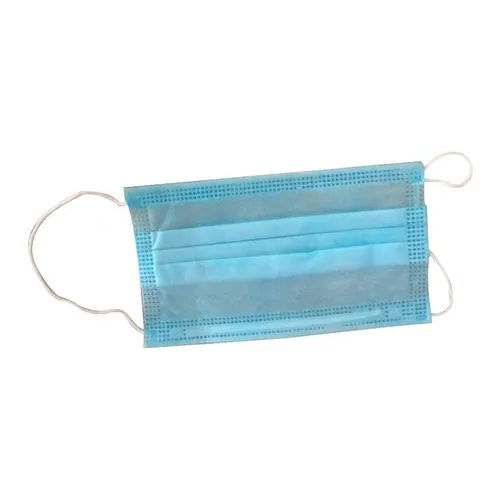
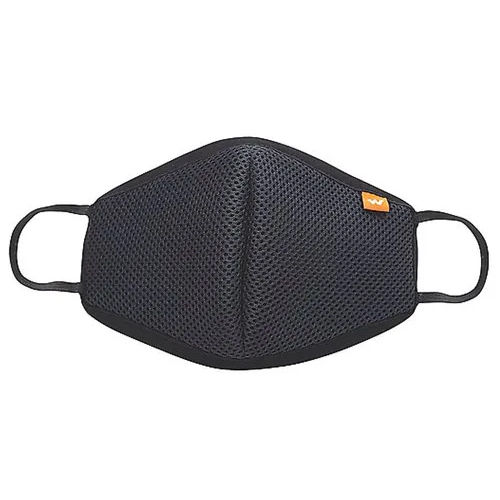
 Call Me Free
Call Me Free
